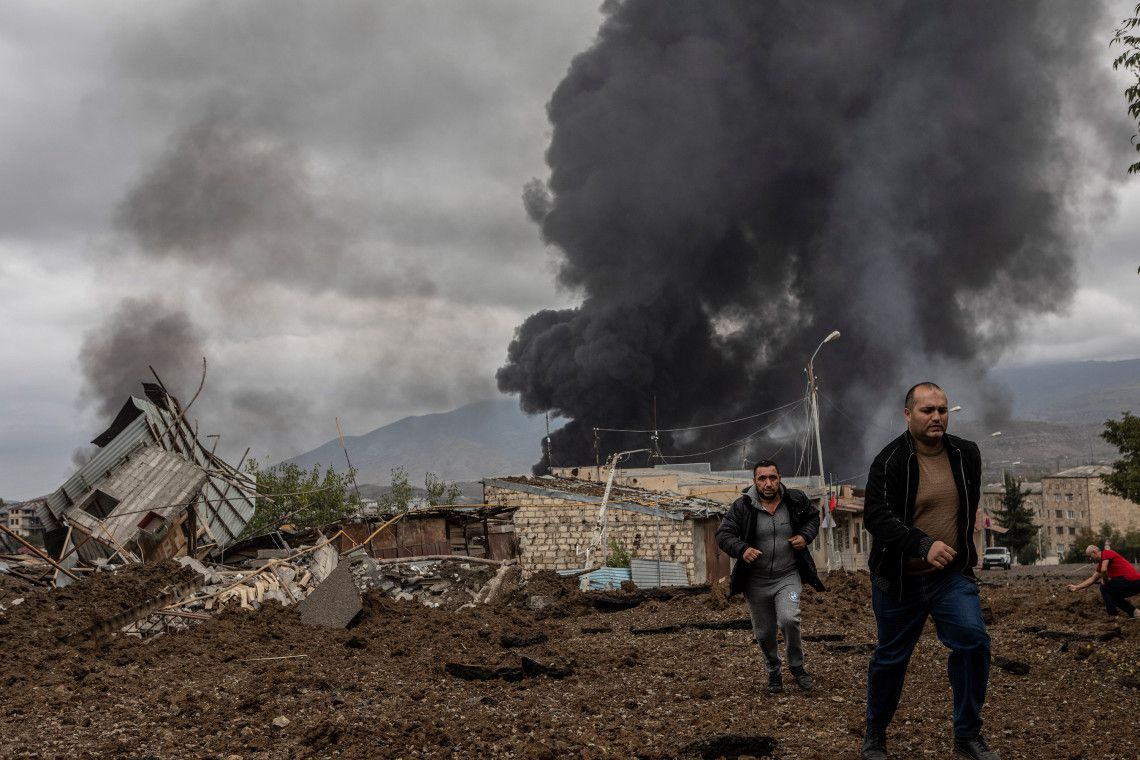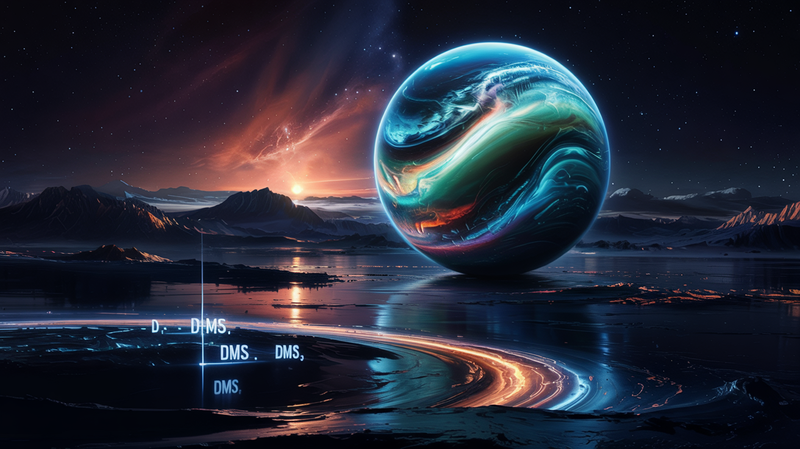The Nagorno-Karabakh Conflict: A Tumultuous Historical Landscape and the Quest for a Philosophical Perspective
The region of Nagorno-Karabakh, nestled in the southern Caucasus, is more than just a piece of disputed land. It represents a centuries-old conundrum of identity, sovereignty, and geopolitical ambition. Recent events have rekindled the flames of conflict between Armenia and Azerbaijan, two neighbors with intertwined histories yet disparate narratives. As

The region of Nagorno-Karabakh, nestled in the southern Caucasus, is more than just a piece of disputed land. It represents a centuries-old conundrum of identity, sovereignty, and geopolitical ambition. Recent events have rekindled the flames of conflict between Armenia and Azerbaijan, two neighbors with intertwined histories yet disparate narratives. As the world witnesses another episode of bloodshed and diplomatic tussles, a deeper reflection is needed – one that dives into the philosophical ramifications of such territorial disputes.
The Fabric of the Conflict:
Origins: The roots of this dispute trace back to ancient civilizations, but its modern manifestation arose in the 20th century, following the collapse of the Russian Empire and later, the Soviet Union. Both nations lay claim to the territory, driven by historical, cultural, and strategic factors.
The Recent Escalation: Azerbaijan's "anti-terrorist" operation in 2023 marked yet another chapter in this prolonged conflict. Casualties, including civilians, painted a grim picture of a region tormented by decades of intermittent war and uneasy ceasefires.
A Philosophical Gaze:
The Nature of Boundaries: The Greek philosopher Heraclitus once said, "Everything changes and nothing stands still." In the context of Nagorno-Karabakh, the ever-shifting boundaries – both physical and metaphorical – remind us of the impermanence of geopolitical lines. Territories change hands, but the soil, the rivers, and the mountains remain, bearing silent witness to human squabbles.
Identity and Belonging: Sartre's existentialism emphasizes the individual's quest for identity and meaning amidst an indifferent universe. The people of Nagorno-Karabakh, irrespective of their ethnic background, grapple with a similar existential question: Where do they truly belong? The answer is mired in layers of history, culture, and personal experiences.
The Ethics of War: Kant's categorical imperative argues for actions based on moral law. The continuous violence raises an ethical question: To what extent is warfare justifiable to achieve national ambitions, especially when the human cost is so steep?
The International Quandary:
International actors like Russia, the EU, and the US find themselves in a balancing act, attempting to mediate peace while safeguarding their own strategic interests. The intricate dance of diplomacy is as much a testament to their own internal philosophical struggles as it is to realpolitik.
Seeking the Way Forward:
Utilitarianism posits the greatest good for the greatest number. With this philosophy in mind, the long-term solution might rest in finding a middle ground that assures security, dignity, and prosperity for all inhabitants of Nagorno-Karabakh. This requires transcending nationalistic fervor in favor of humanistic ideals.
Conclusion:
The Nagorno-Karabakh conflict is emblematic of the age-old tension between political ambition and the human yearning for peace and identity. By viewing such conflicts through a philosophical lens, we are reminded of the deeper human values at stake. It beckons us to approach territorial disputes not just as geopolitical games, but as profound moral and existential dilemmas. Only through understanding and empathy can a lasting peace be forged.




